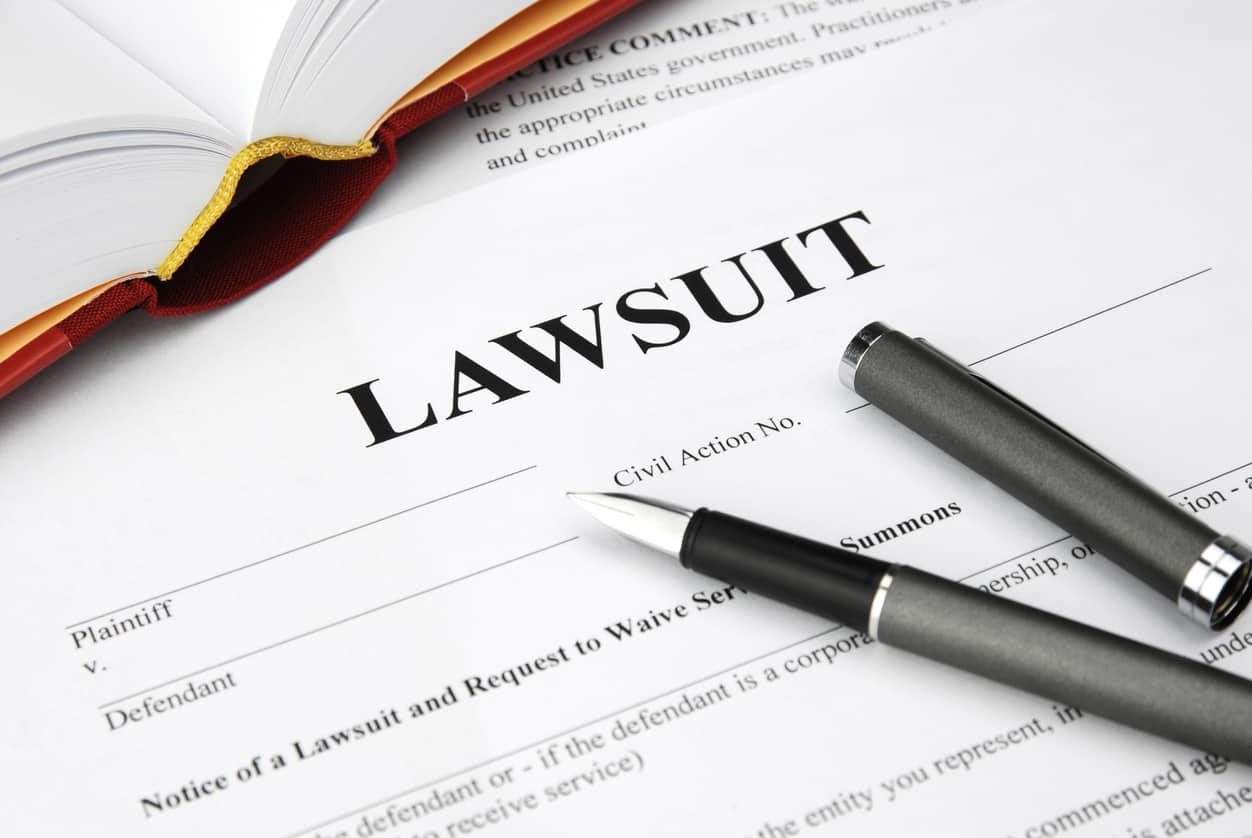State Product Liability Laws Protect Injured Hernia Mesh Users

Mesh implants were initially designed to help patients recover from challenging surgical procedures. However, mesh products – including transvaginal and hernia implants – have come under fire in recent years. It now appears as though the risks of mesh implants outweigh the benefits. Tens of thousands of Americans have suffered debilitating injuries – and many have died – because of surgical mesh complications.
Transvaginal mesh implants were recently recalled by the FDA. Companies are no longer allowed to sell those products in the United States. However, hernia mesh is still widely used in hernia repair procedures, despite a rising number of reported adverse events and lawsuits.
Texas Woman Hospitalized 60 Times After Receiving Hernia Mesh Implant
Carmen Pacheco, of Georgetown, TX, received a Boston Scientific hernia mesh implant. Since the date of her initial hernia repair surgery, she’s been hospitalized between 60 and 70 more times. That includes two additional revision surgeries, where doctors went in to remove defective mesh and repair related injuries.
Now Pacheco is unable to move from her bed. Her life no longer resembles what it did before she went in for a simple hernia surgery. In fact, her injuries are so severe that she’s not expected to live into her 60s.
State Laws Protect Victims of Defective Medical Devices
When Pacheco suffered injuries because of her defective hernia mesh implants, she had the option of filing a product liability lawsuit against the manufacturer. Why? Texas – like other states – has product liability laws that protect consumers.
When a company like Boston Scientific wants to sell a hernia mesh in Texas, it’s obligated to make sure that its devices are safe for patients to use. Consumers who get hurt can hold companies responsible if they negligently sell a dangerous product to them.
In fact, companies can be responsible for injuries caused by their products, even if the company wasn’t aware the product was dangerous. Under Texas product liability laws, manufacturers can be strictly liable if a product is defective. This includes design defects, manufacturing defects, and marketing defects.
A design defect exists when a device is dangerous because of the way it was designed. Could the company have found a safer way to design the product or device? Would that design have been feasible and financially reasonable? If so, an injured consumer might have a legitimate defective design argument.
A manufacturing defect exists when a device is dangerous because of the way it was built. Sometimes this means that the company used the wrong materials or made a mistake when they put it together. The design is safe, but the construction is not.
A marketing defect means that the company failed to disclose risks about a product. That’s why you see so many warning labels and inserts with medical devices and pharmaceutical products. Companies are trying to warn about every potential hazard to protect themselves. If a company doesn’t warn a patient about a risk and the patient gets hurt, the company can be held financially accountable.
Texas Limits the Amount of Time Injured Hernia Mesh Patients Can File a Lawsuit
Since States provide the right to sue hernia mesh manufacturers for injuries, States also design the process for pursuing compensation. In Texas, anyone injured because of a defective hernia mesh device will have a limited amount of time to file a lawsuit.
Generally speaking, the statute of limitations for product liability cases is two years. That means you’ll have two years from the date you are injured or discover your injury to file a lawsuit against the manufacturer. You will lose the right to demand money that you need if you wait too long.
So, does that mean you can potentially file a hernia mesh lawsuit 40 years down the line if you don’t discover your injury in the near future? No. Texas also has what is known as a statute of repose.
All product liability claims must be brought within 15 years from the date the defective product was sold.
For example, let’s say you received a Bard hernia mesh patch in March 2006. that specific device was sold to your doctor in December 2005. In 2019, you discovered that your mesh implant was defective and that you’d been injured.
Can you file a hernia mesh lawsuit in Texas? Here are the questions you need to ask:
- Has it been more than two years since the date I got my hernia mesh implant?
- If so, was there a reasonable delay in the discovery of my injury?
- If there was a reasonable delay, has it been two years since that discovery?
- Even if it’s been less than two years since you discovered your injury, has it been more than 15 years since Bard sold my hernia mesh device to my doctor?
Under the statute of repose for product liability claims in Texas, it appears that you would have until 2020 to file a lawsuit. However, that is only if there was a reasonable delay in your in discovering your injury.
